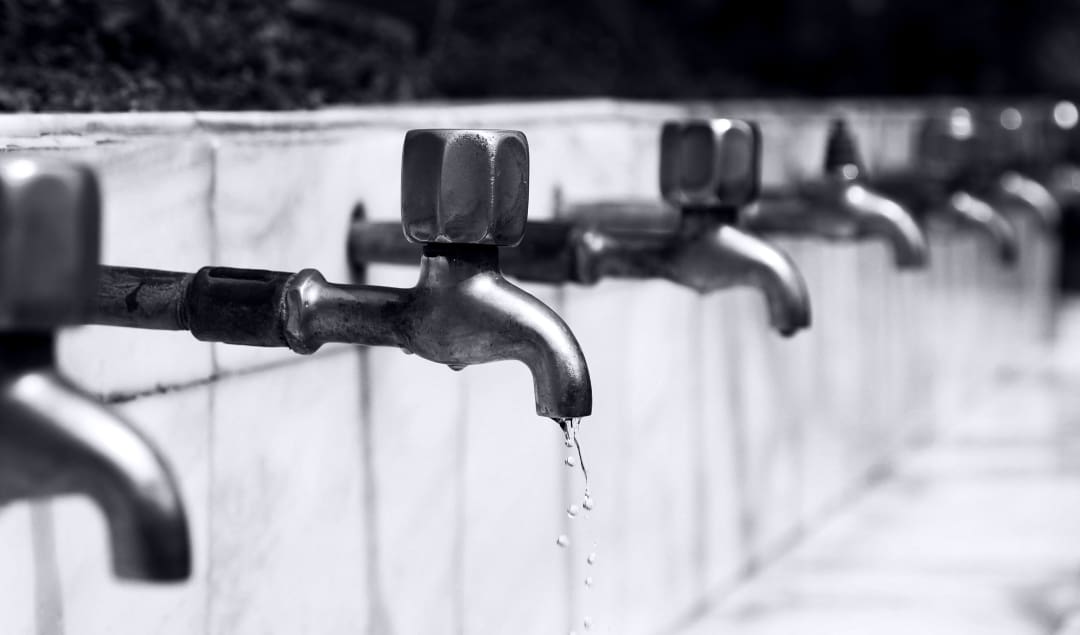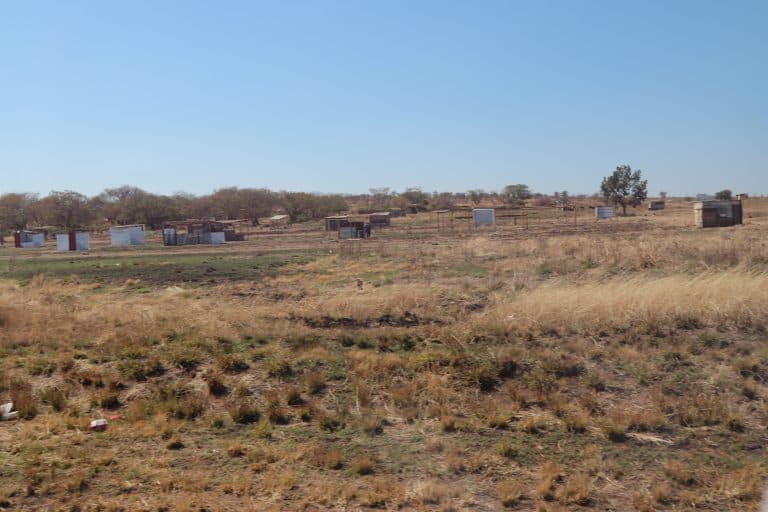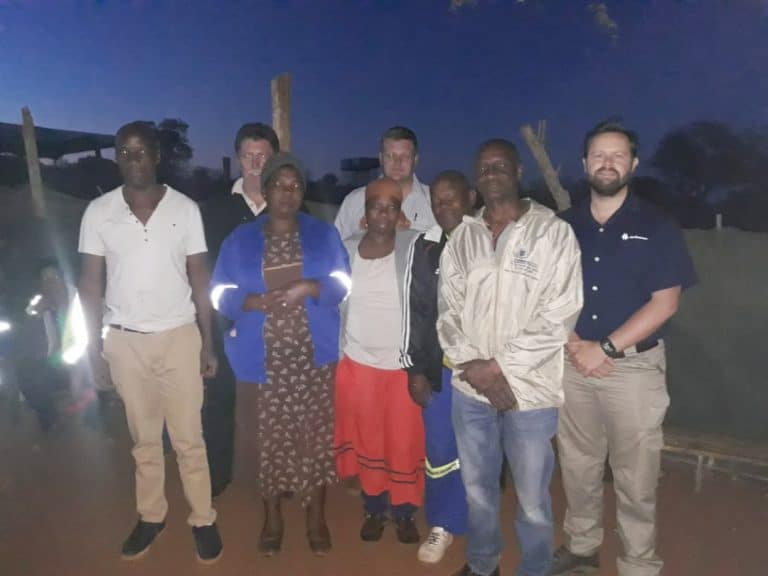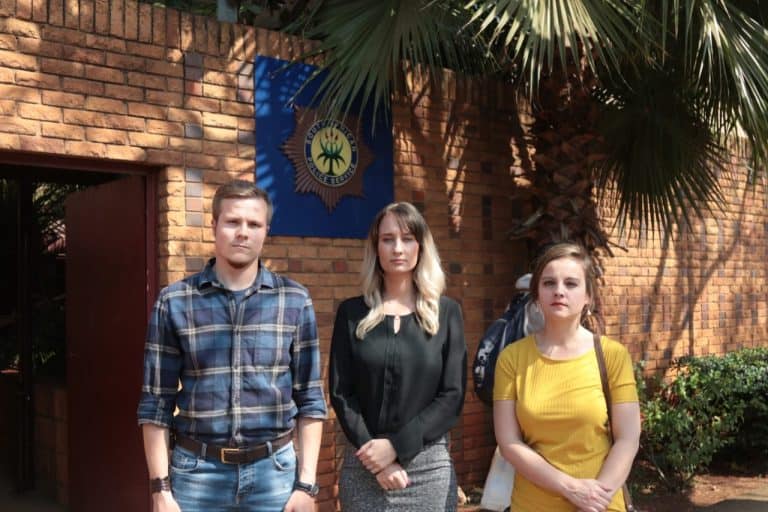Non-financial information on municipalities creates concern and paints an incomplete picture – AfriForum
The civil rights organisation AfriForum took note of Statistics South Africa’s (StatsSA’s) non-financial indicators for 2019 and believes that these do not reflect the true challenges and situation.
Morné Mostert, Manager of Local Government Affairs at AfriForum, says that some of the information is indeed cause for concern and that the joint national figures do not mirror the ongoing quality and availability of services. “For example, there is no recent information on the quality of drinking water. Government no longer publishes its Blue and Green Drop Reports.
“In addition, the availability of water in especially rural areas – but recently also in metropolitan areas such as Johannesburg – remains an enormous problem. StatsSA’s figures show that drinking water is being delivered, but fail to indicate the uncertainty in the delivery and quality thereof.
“The information indeed shows that some municipalities in poorer rural provinces are unable to provide free services such as sewage removal to indigents. The information only covers certain services and circumstances in certain municipalities and does not mirror the reality that we see on ground level, such as disintegrating roads.”
Dr Eugene Brink, Strategic Advisor for Community Affairs at AfriForum, says his organisation is currently the only entity that performs annual audits of the quality of drinking water and sewage, as well as landfill sites, for example. “Government is trying to hide its poor service delivery simply by not publishing more recent information.”
According to Brink, lost opportunities and the current picture are not wholly reflected. “COVID-19 caused great destruction in 2020 and more people will now be classified as insurgents because of lost employment opportunities and a poor economy. Even though the information points to more services such as water and electricity provision being rendered in 2018 and 2019, and seemingly less free services because the number of registered insurgent households had decreased between the two years, the picture will look considerably different in 2021 as a result of the growing poverty problem.
“The financial information will later also indicate the general extent of the crisis which South African municipalities find themselves in. A small fraction of these get a clean audit nowadays: Corruption and incompetence reign supreme, salary accounts are too high and capital budgets are managed inefficiently. The so-called increase in the rendering of paid services is made undone by the inability of residents to pay, poor management and lost opportunities.”
According to Brink, civil society and local communities must now act as watchdogs on the one hand, while providing solutions on the other. “The Koster case showed that a community with very little resources could immediately make a significant difference in service delivery issues after government caused only deterioration over decades.”
He says it is clear from available information that the ANC cares nothing for service delivery and good management in North West municipalities. “Poor audits and misappropriation reigns supreme – and it simply is not improving. Although the figures for housing look somewhat good, this is a provincial rather than a municipal duty. The condition and quality of landfill sites, refuse removal, drinking water, sewage removal and employment levels all point to a long-standing crisis.”









